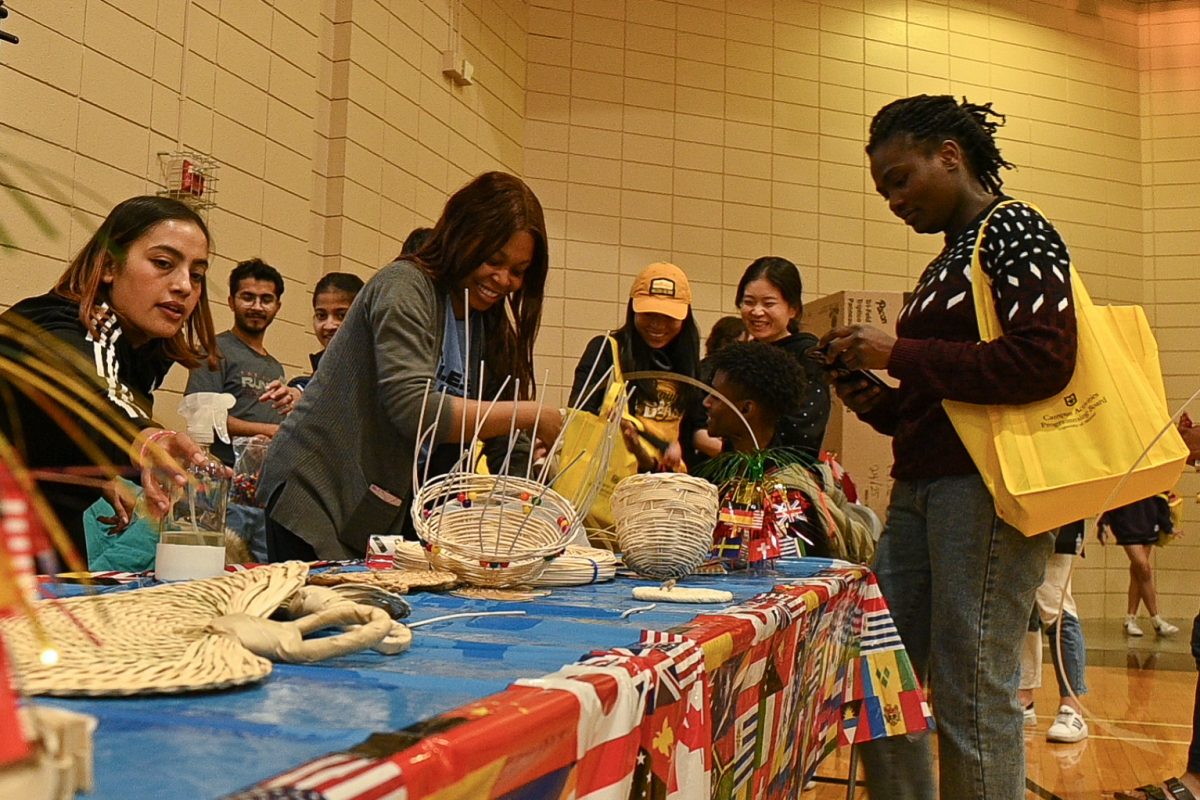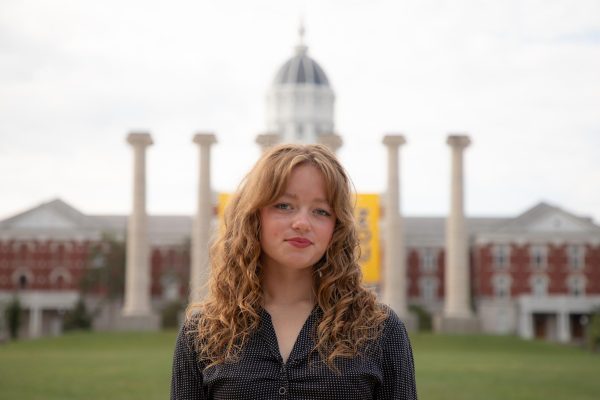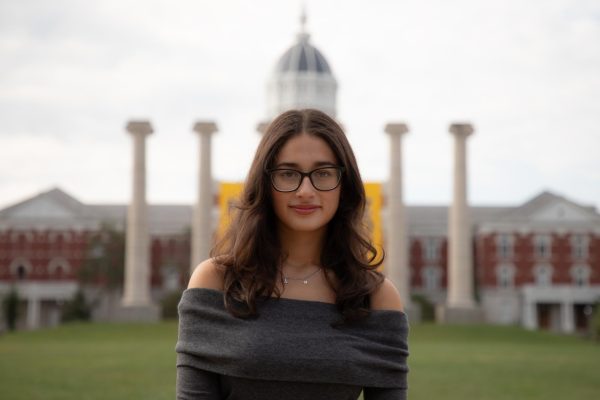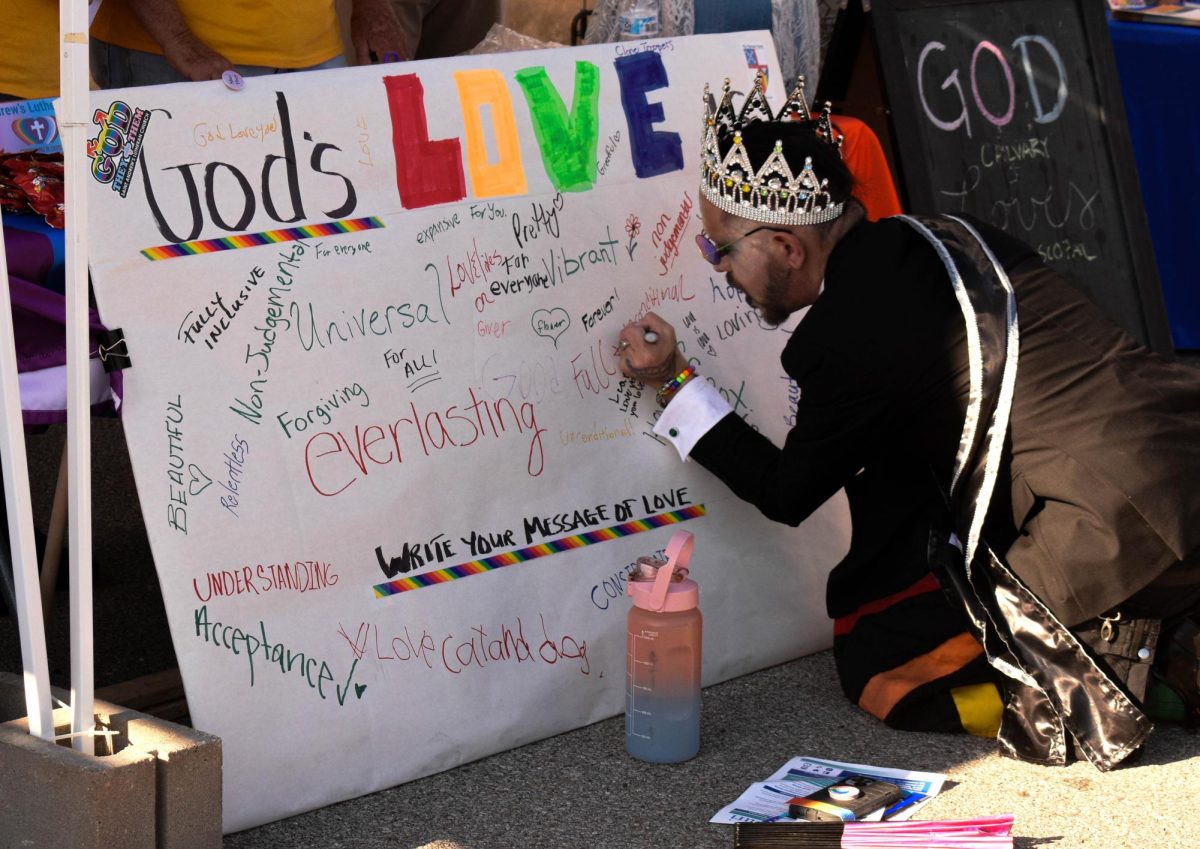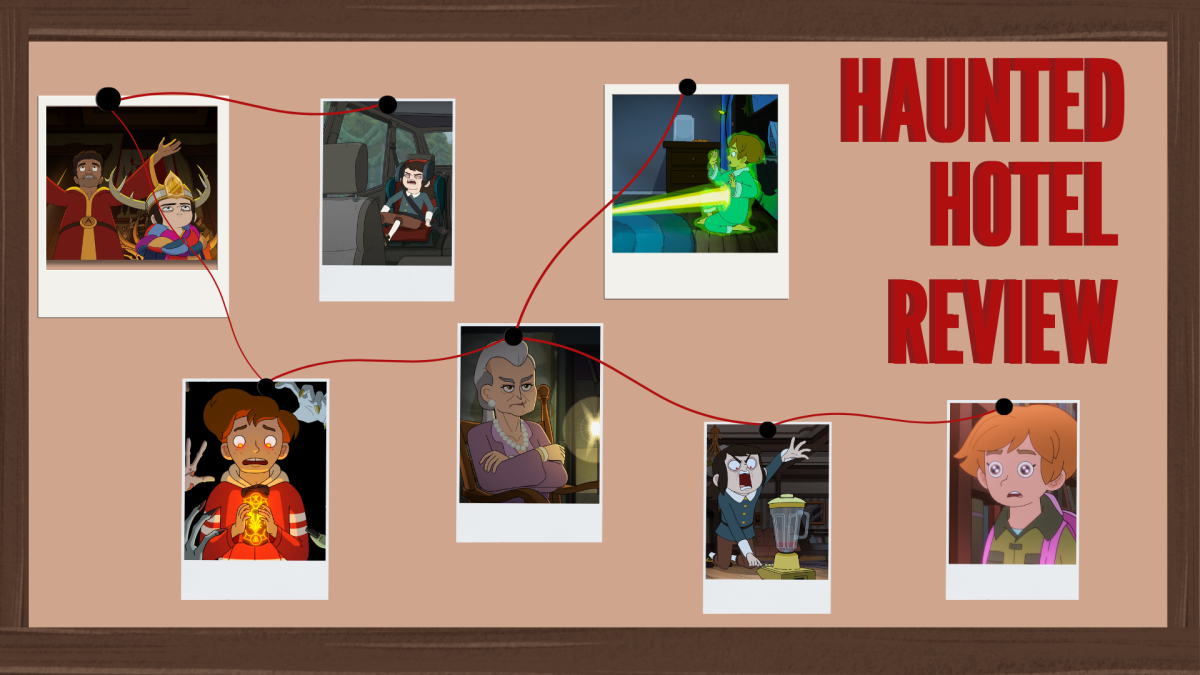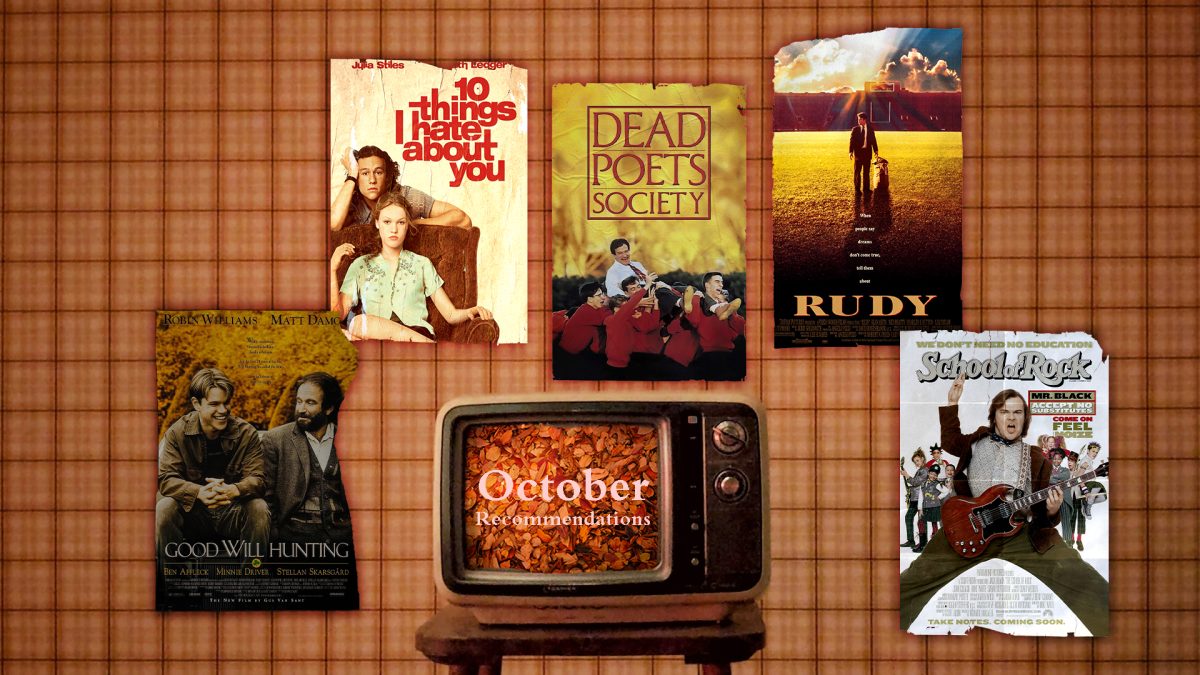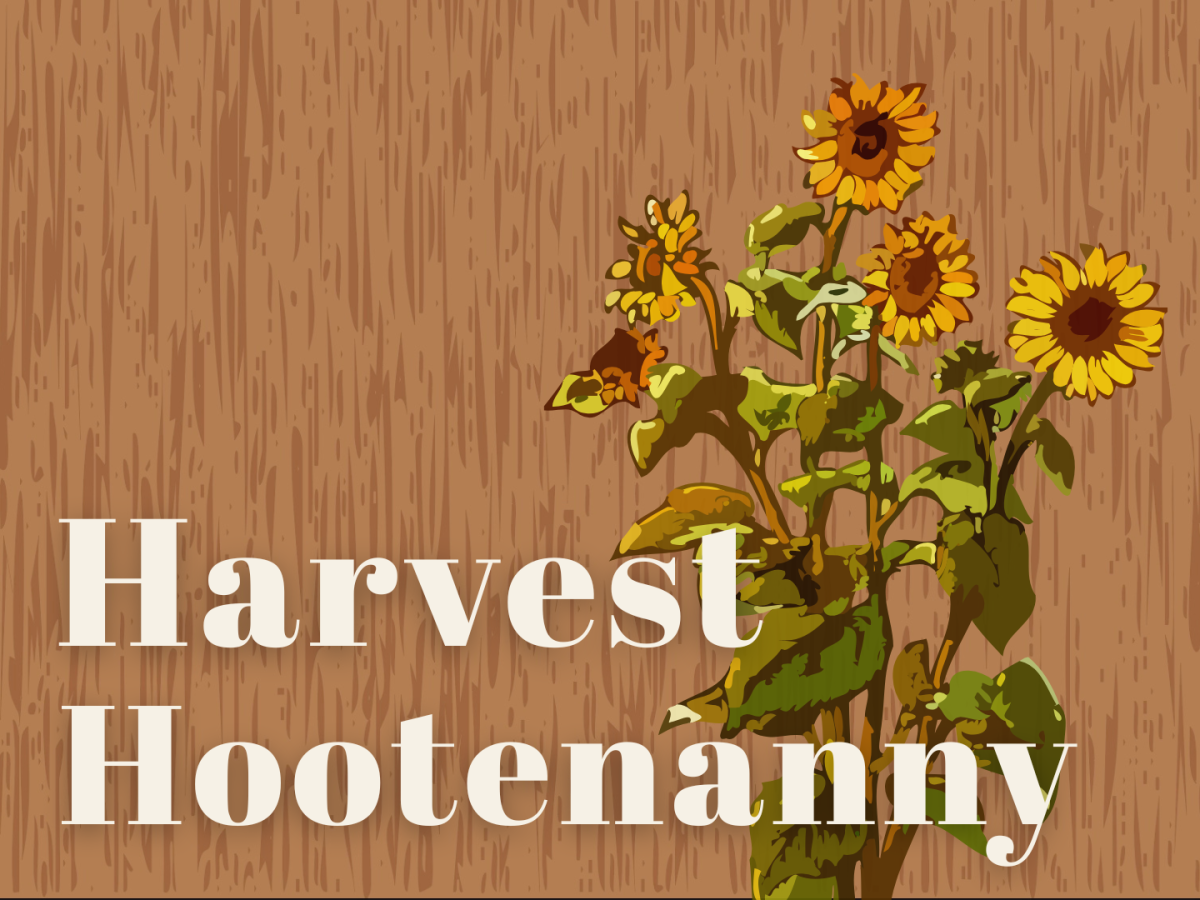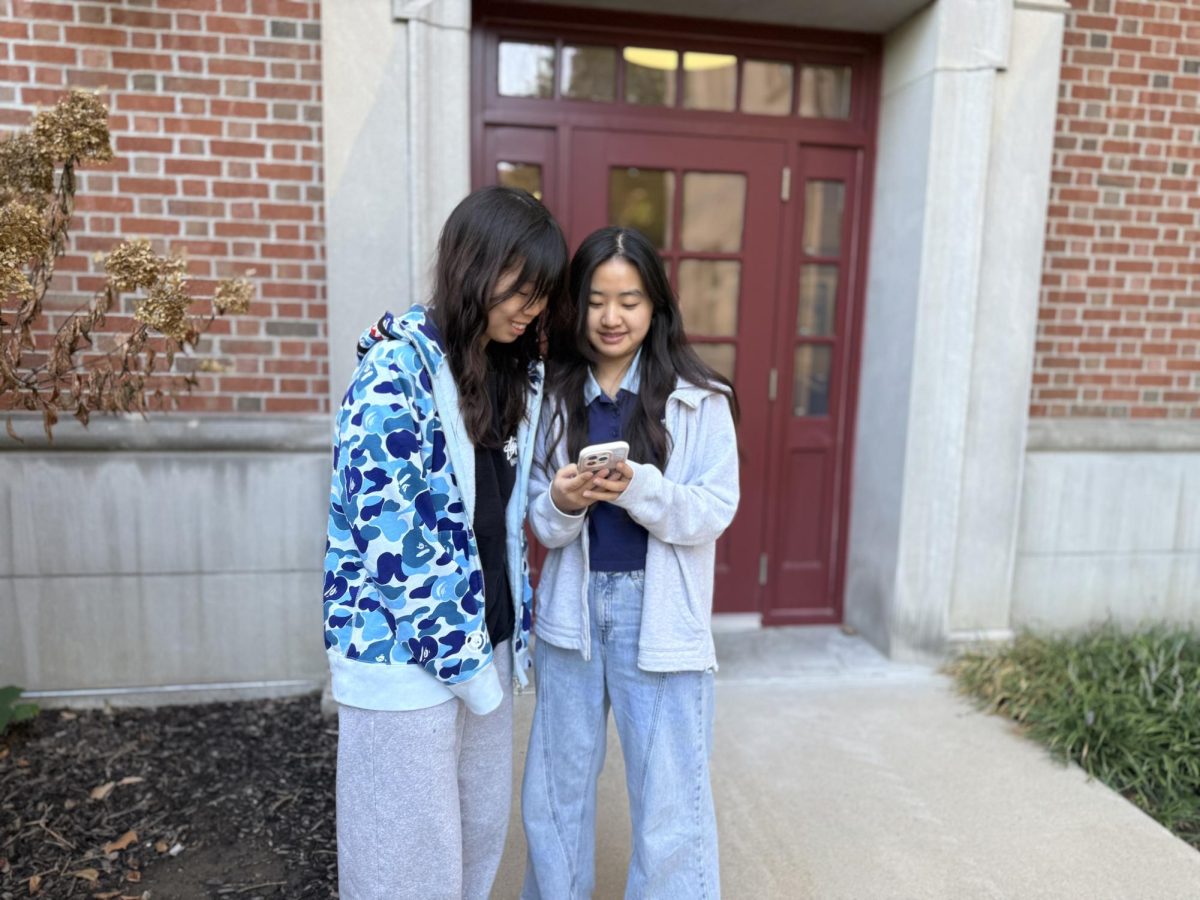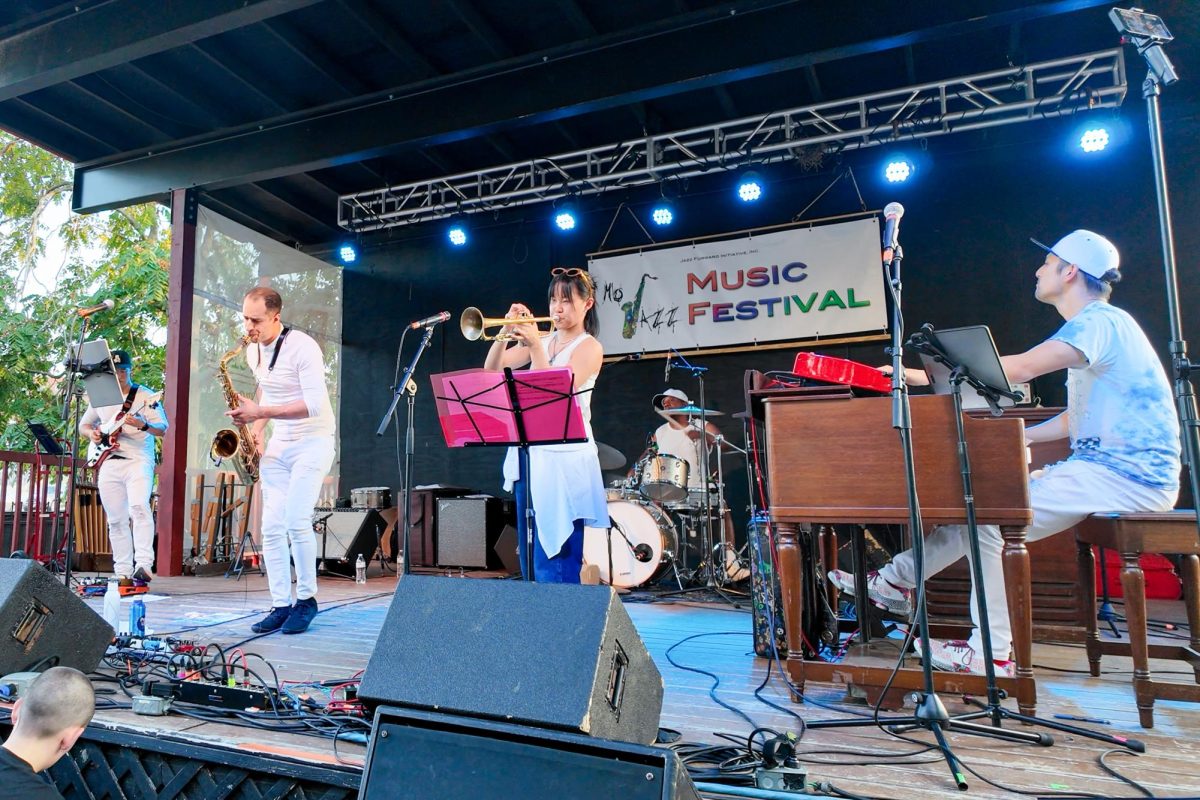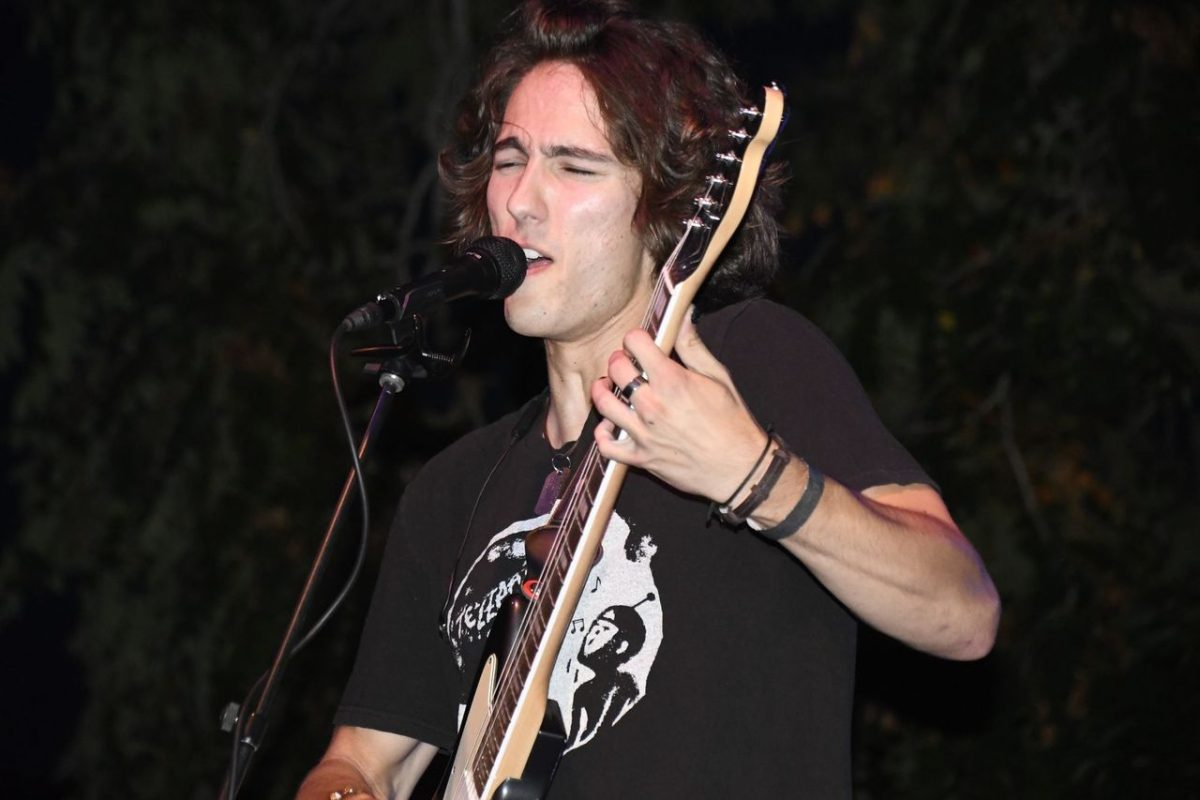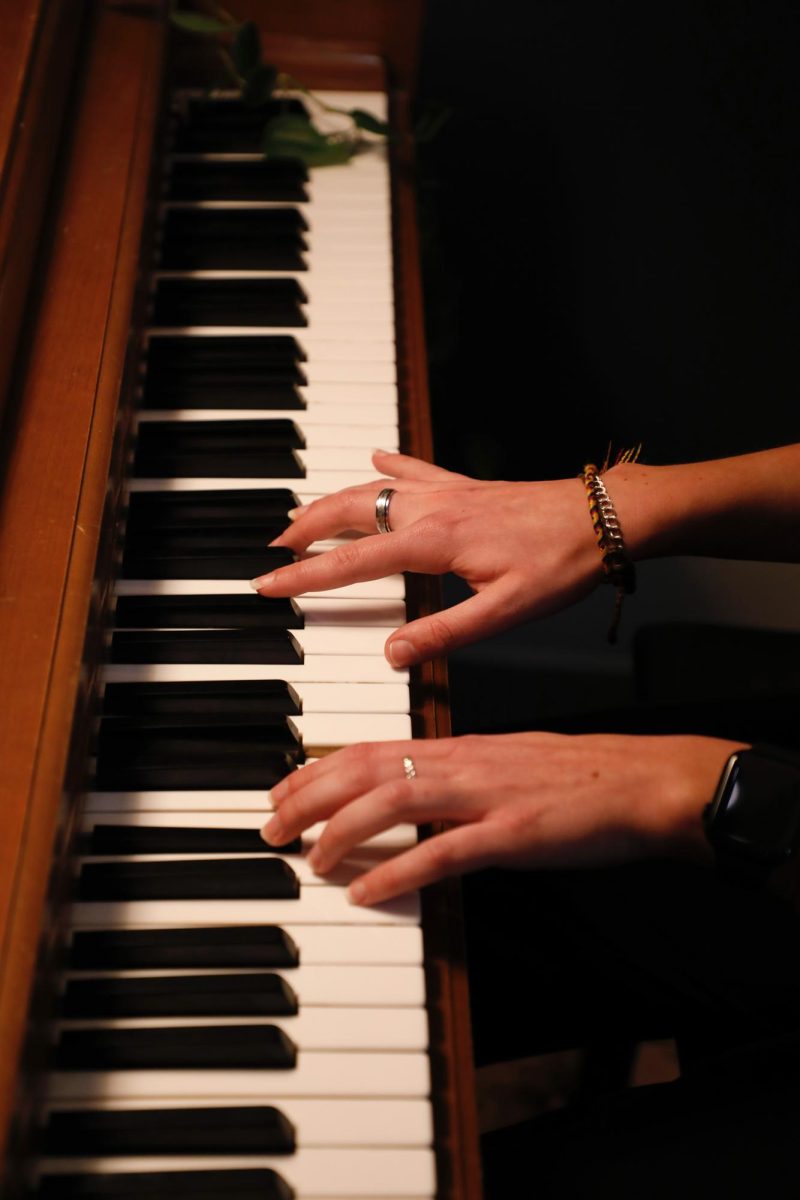Sounds of Bollywood, Filipino and Spanish music filled the North Courts at MizzouRec on the evening of April 11. The rhythmic clapping and clacking associated with Tinikling, a traditional Filipino folk dance that includes beating two bamboo poles against the ground, echoed throughout the space. The bright hues of various flags around the room created a myriad of colors.
The University of Missouri’s annual Global Bazaar was hosted by the Campus Activities Programming Board and featured 17 student organizations and campus resources. The event offered a night of complementary snacks, activities and learning opportunities for students to engage with the multitude of identity-based student groups present at MU.
The event was also an opportunity for smaller organizations, like Students of East Africa and Four Directions: Indigenous Peoples and Allies, to make their presence known on campus.
“We were barely surviving like a year ago,” said Andrew Deyoe Vergara, MU senior and president of Four Directions. “We want people, especially international students who come to the United States and don’t know the history of the United States, to know about indigenous peoples of the Americas and Native Americans.”
Four Directions’ booth welcomed attendees to explore maps of indigenous tribes of North and South America and leave with a themed coloring page. Other groups invited students to participate in cultural games.
Rounds of Ludo, a game where players race their tokens around a board based on dice rolls, were hosted by the Pakistani Student Association. Mehndi stencils and stickers as well as miniature Pakistani flags were given out as souvenirs. The Korean Student Association featured popular games like Ddakji and Jegichagi at its booth, where winners could choose from a variety of Korean snacks and traditional tokens.
“That’s two games that were actually presented in the Squid Game show,” said Jay Kim, MU senior and president of KSA. “So if someone kind of recognizes what the game is, I feel proud. … Having popular activities I think would help students actually participate in these kinds of events.”
One goal of Global Bazaar is to reach an audience that might not otherwise get the opportunity to engage with such a diverse range of cultures. By hosting events in central locations on campus, passersby may turn into participants.
“Events like this that are in the rec center [are] good for all the people going to the gym,” said Nicolette Mosqueda, MU junior and president of the Association of Latin American Students. “They’ll pass by for the free snacks and then they’ll get to learn a little something. So it’s [a] good opportunity.”
MU sophomore and South Asian Student Association member Siddharth Santosh was among one of the people to spontaneously attend the event. He was able to join fellow members of Mizzou Mirchi in an impromptu Bollywood dance performance, showcasing one of the many Indian dance styles the group practices.
“It’s really nice to have a community on campus that I can sort of connect with,” Santosh said, “It’s like a little piece from home. And in that way I can kind of feel more confident in who I am as a person.”
There was an acknowledgement of MU’s predominately white student population among some of the vendors and attendees at Global Bazaar. Randa Bosh, MU junior and member of SEA, and Mosqueda both expressed how essential events like Global Bazaar are to building community and cultural representation within student life at MU.
“It’s good to bring awareness to differences that we have here and to celebrate them,” Bosh said. “And just attending events like this allows you to learn more about other people as well.”
Global Bazaar aimed to show visitors that attending multicultural events is just one step in the process of bridging the gap between student identities that might be disconnected.
Ariel Yarmus, MU junior and vice president of Mizzou Hillel, a Jewish student organization, said that awareness is the beginning of acceptance. Yarmus said open-mindedness and education are tools that can lead to developing a strong sense of community and camaraderie.
“I’ve always felt proud. I was born and raised Jewish,” Yarmus said. “But especially finding my community here at Mizzou has been very empowering.”
Each stall worked to create a space for curiosity, acceptance and open discussion about the cultural distinctness found in every MU student. Global Bazaar served as a call to action for students to become members of diverse student organizations to expand their cultural knowledge and be part of something larger than themselves.
Edited by Alyssa Royston | [email protected]
Copyedited by Emma Harper and Ava Mohror | [email protected]
Edited by Annie Goodykoontz | [email protected]


